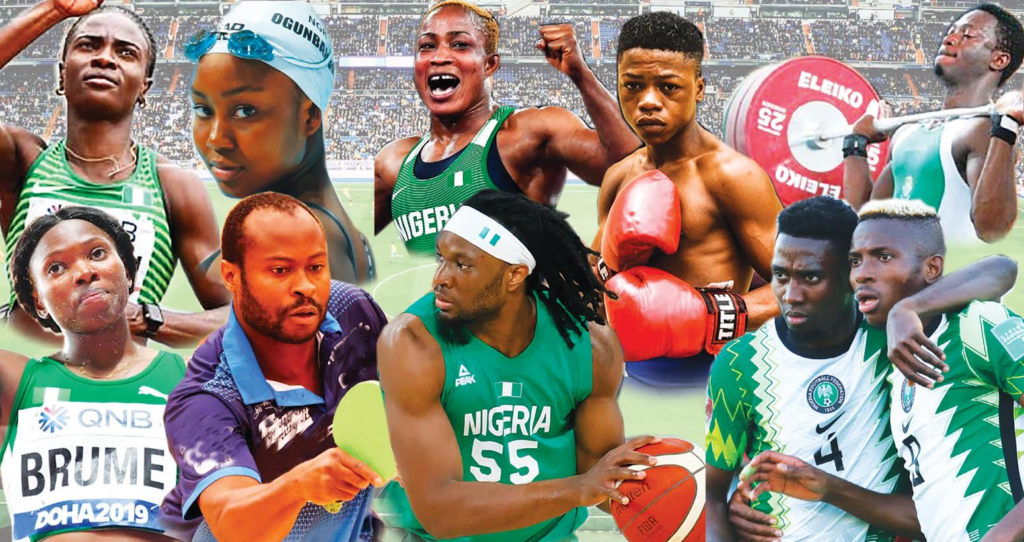
Israel Adesanya: How Nigeria’s Sports Leadership Failed the Nation in 2024
Nigeria’s sports scene in 2024 presents a narrative of missed opportunities, administrative failures, and a stark need for reform across various sectors.
The 2024 Paris Olympics was a significant disappointment for Nigeria, with the nation failing to secure any medals. Despite high hopes, athletes like Ese Brume, who had previously won bronze in Tokyo, couldn’t replicate or better their performances. This outcome has led to widespread criticism and calls for accountability from sports administrators.
Trending Now!!:
The Super Eagles, once a beacon of hope in African football, face a potential exclusion from the World Cup, highlighting a decline in performance and management. Similarly, the women’s football team has not escaped scrutiny, with their achievements not meeting expectations.
Beyond football, issues in athletics, wrestling, and other sports have been highlighted. The exclusion of promising athletes like Favour Ofili from key events due to administrative errors or biases has been a recurring theme, suggesting deep-rooted problems in how sports are managed in Nigeria.

Social media platforms have become arenas for public outcry. Users have pointed out the misallocation of funds, with stories of athletes funding their training while billions are allegedly misused by sports bodies. The sentiment is clear: there’s a systemic failure in how sports are administered, from funding to athlete welfare.
The Minister of Sports Development and various stakeholders have acknowledged the “disaster” of Nigeria’s Olympic performance, promising reforms in how sports federations are led. This includes stricter criteria for leadership roles within sports bodies, aiming to curb corruption and inefficiency.
Fans, former athletes, and sports analysts agree that Nigeria’s sports governance needs a complete overhaul. This isn’t just about changing faces at the top but restructuring how sports are funded, athletes are supported, and competitions are approached. The current model, as criticized, favors cronyism over merit, leading to underperformance at international levels.
For Nigeria to reclaim its sporting glory, there’s a pressing need for transparency, merit-based leadership, and a focus on grassroots development. The sports ministry’s commitment to reform must translate into actionable changes in policy, funding allocation, and athlete support systems. Only then can Nigeria hope to see its athletes not just participate but excel on global stages.
The narrative around Nigerian sports in 2024 is one of potentially being squandered by poor governance, but it also opens a window for genuine reform, where sports could once again be a source of national pride rather than a tale of what could have been.
